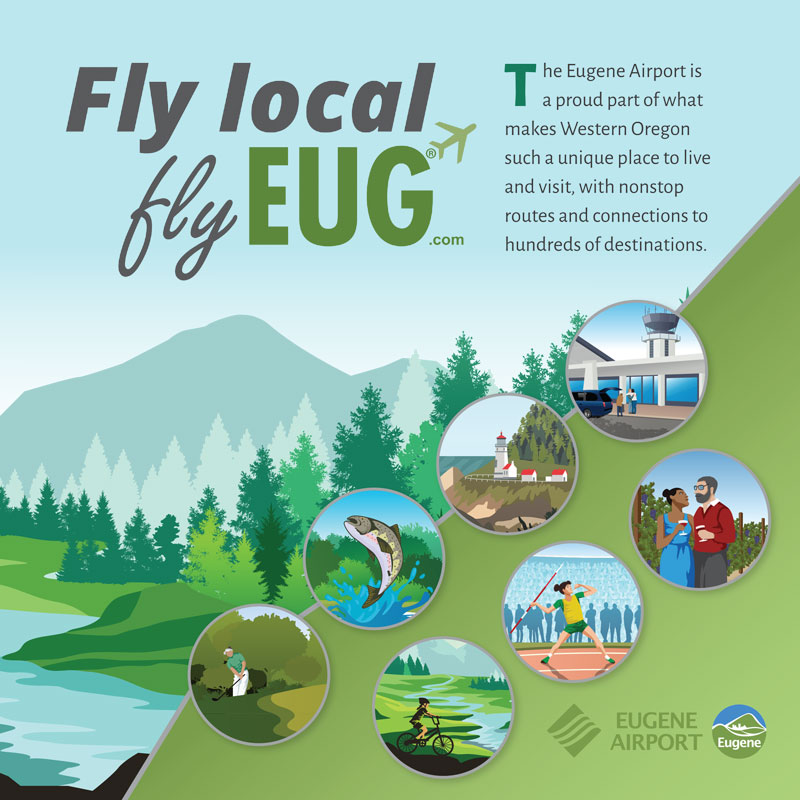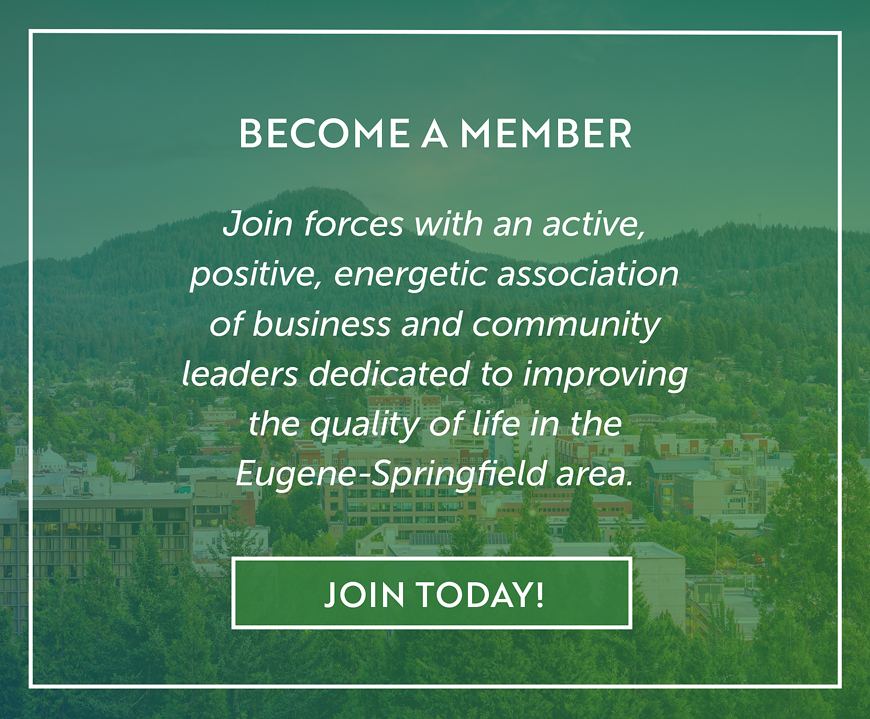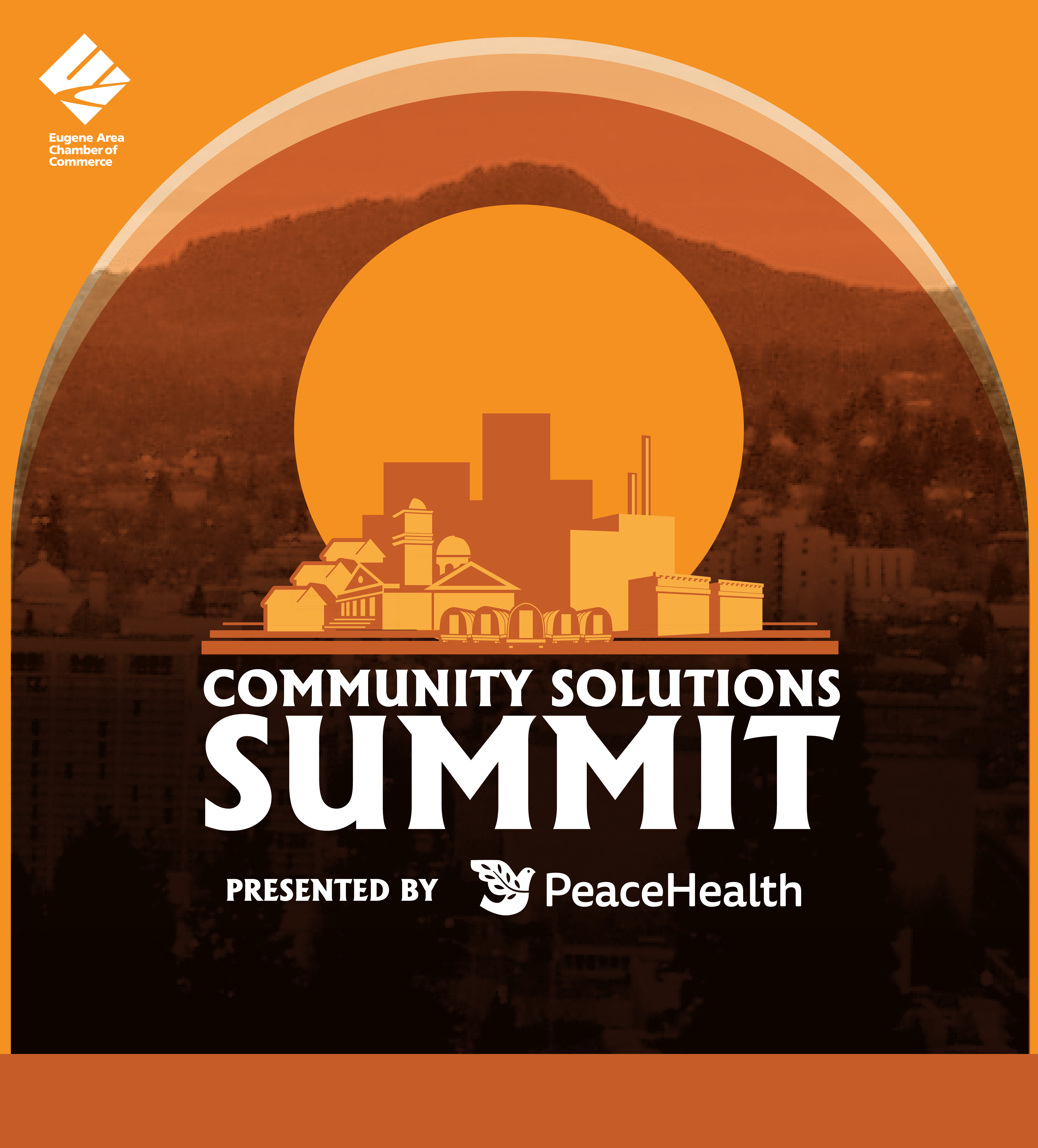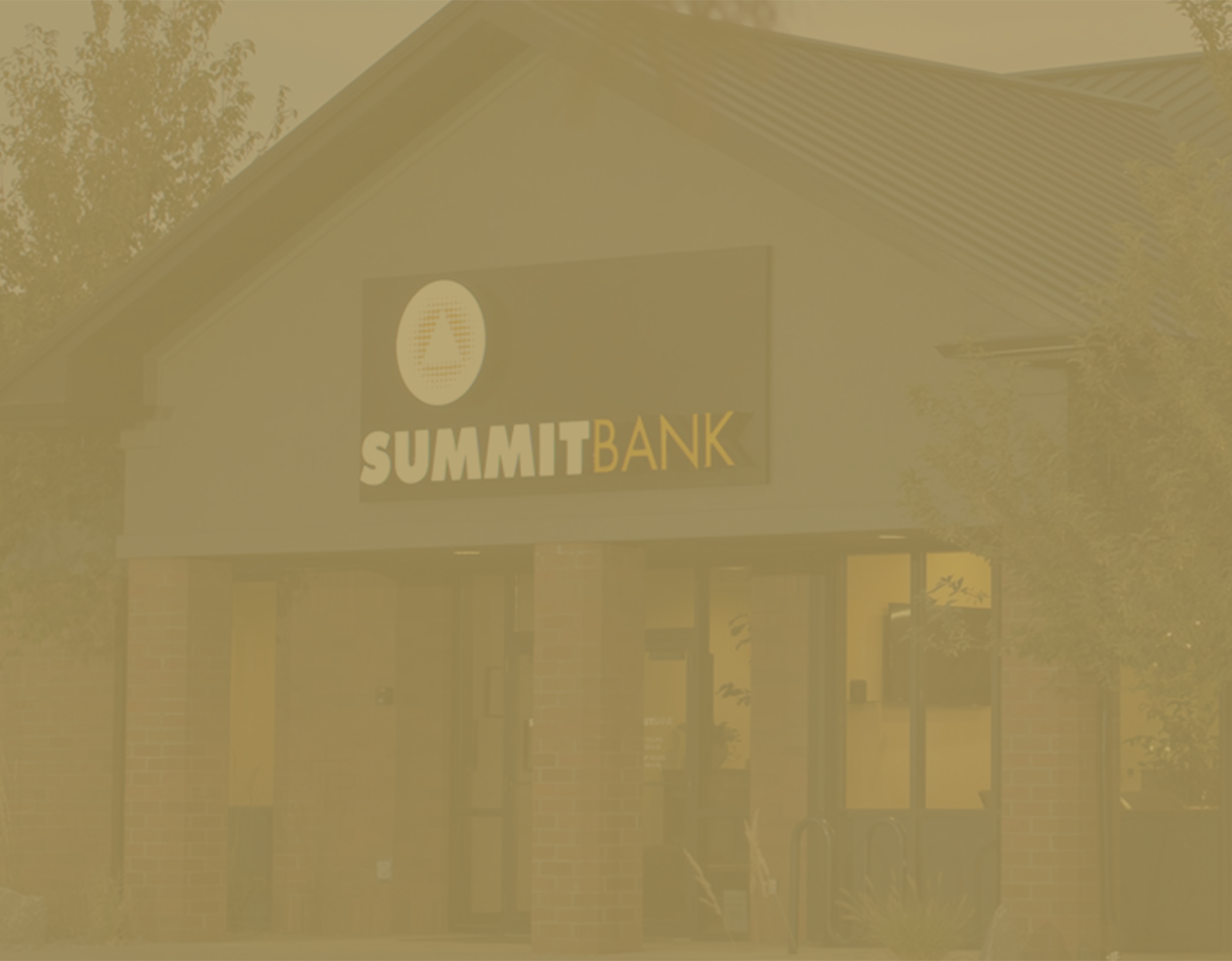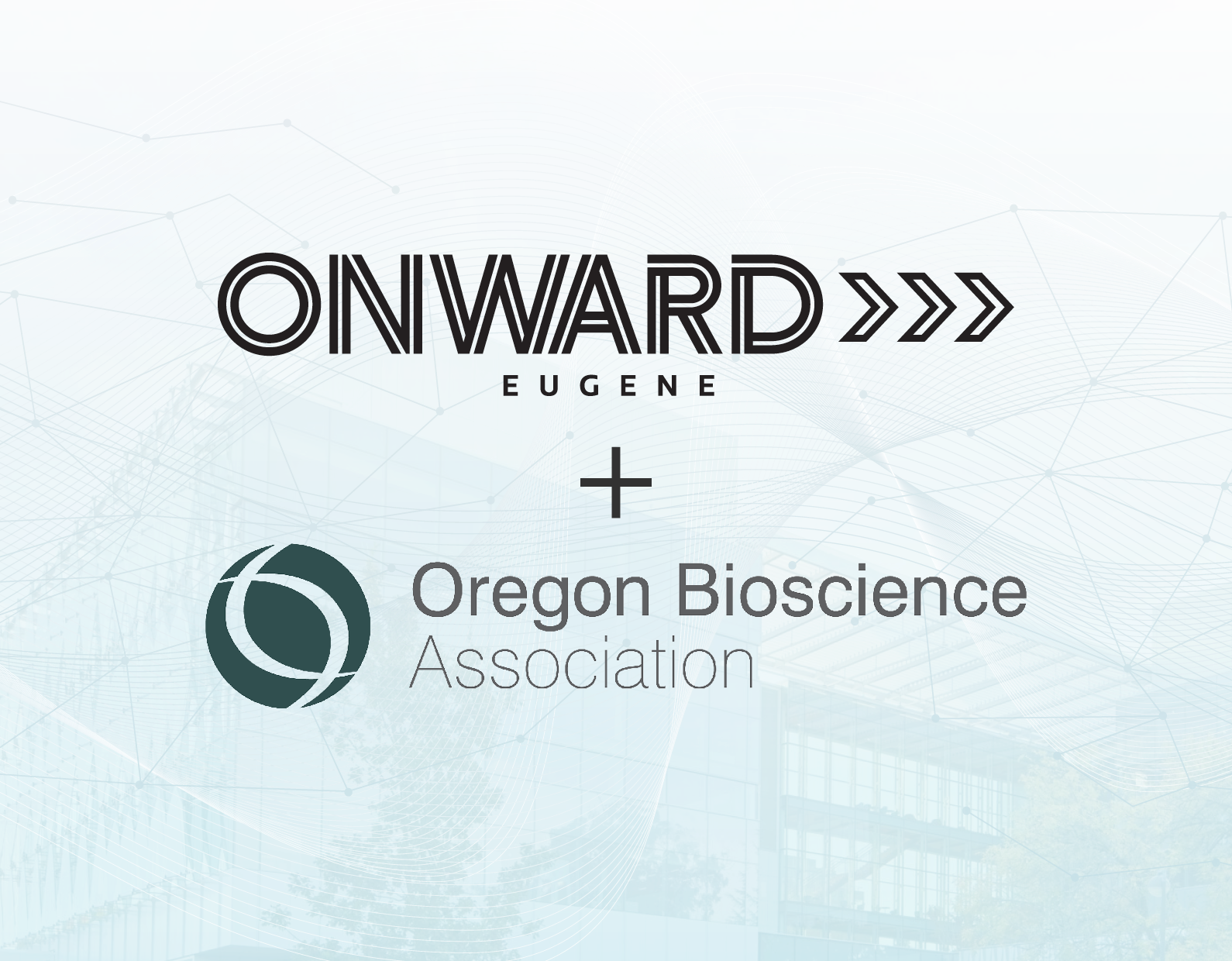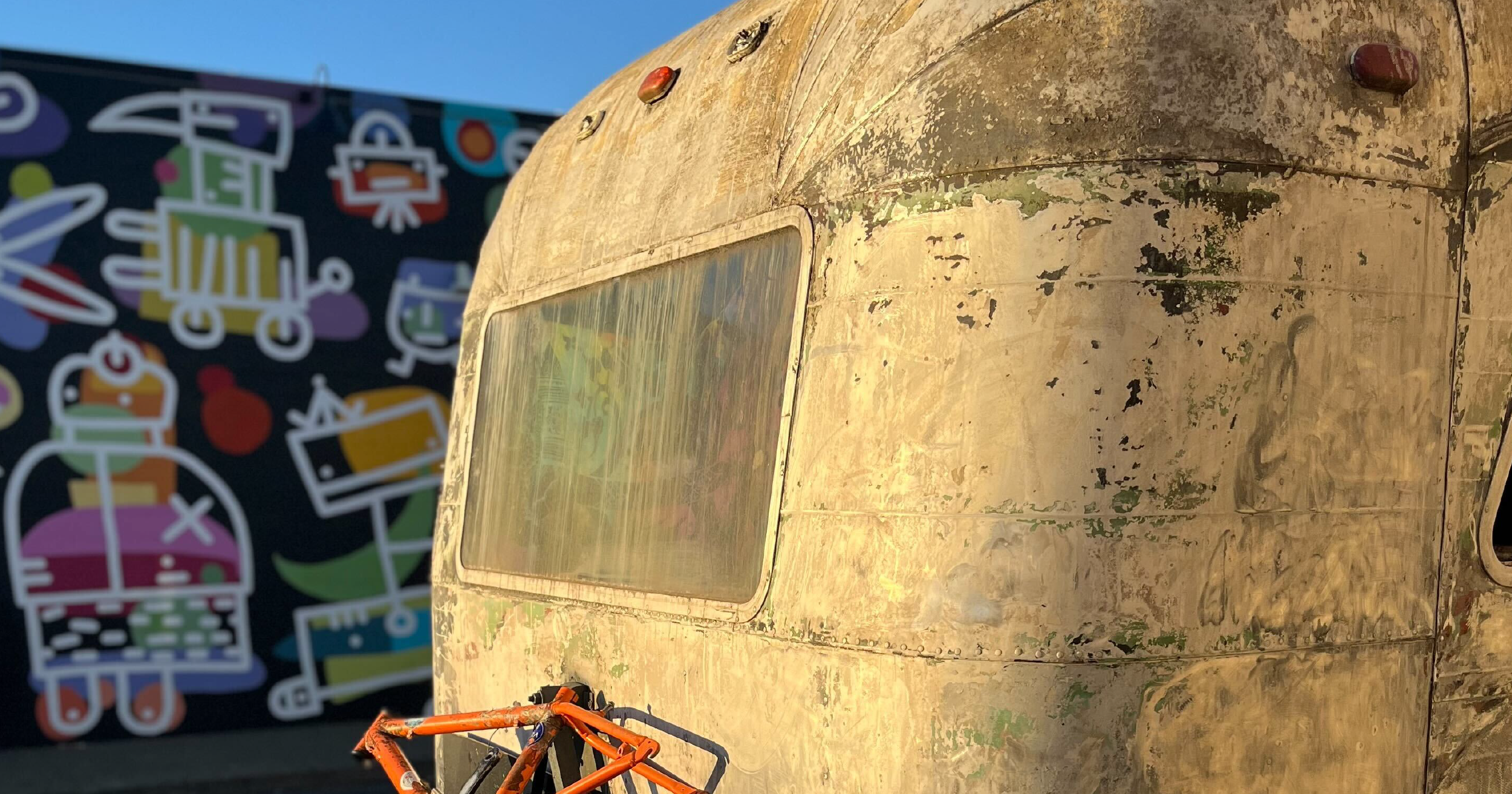
Movers and Shakers
New Tech Industry Initiative Brings Innovation to Social Emergency
article by Samantha Roberts | Director of Marketing and Communications, Eugene Chamber of Commerce
For this Movers and Shakers, the Eugene Chamber looked to Technology Association of Oregon’s affiliated nonprofit, Oregon Digital Safety Net, to highlight innovative ways the private sector is positively impacting the issue of homelessness in Oregon. Read on below to learn more about the role something as simple as a consistent phone number can have on elevating someone into housing, employment, wellness, and community.
It comes as no surprise that being unhoused, for many, represents a vertical challenge to find, access, and use resources that result in housing and stability. Communities the world over have struggled to identify solutions that would bring an end to this suffering. Yet, as the public and nonprofit sectors work to correct these systemic failures, we still see a rise in those identifying as houseless.
The struggles experienced by those in places like Eugene or Portland, are no different than other communities, except these communities are seeing the highest rates of homelessness per capita in the nation. This statistic, which no community leader holds dear, has led Oregon communities to spend millions of dollars and thousands of hours over the years in an effort to plot a new course.
In 2021, over 40 local tech industry leaders came together in Portland to address this issue which has a tremendous impact on the business community and livability for area residents and the unhoused alike. Common practice for their industry, these leaders wanted to get as close to the source as possible, and learn directly from those providing services to the unhoused. Most importantly, they wanted to know from these providers, what the biggest barriers are for those reentering organized society and communities. “This led us to ask”, says Skip Newberry, CEO of the Technology Association of Oregon (TAO), “how can we gather the expertise of tech experts to solve this civic challenge?”
Overwhelmingly, leaders in service delivery agencies communicated that the biggest barrier was one which the housed often overlook: the ability to document your life.
“The impacts of houselessness, impact businesses”, says Newberry.
“It’s not like we lack resources. We have an unprecedented amount of resources available in the past couple of years. Housing is not enough. They [vulnerable community members] need to have the tools and resources needed to become successful. Part of that set of solutions should include things like being able to establish credit, banking services, and managing the documents they need to function as a contributing member of our society.”
For those with a home, a job, regular access to a computer, and a phone within reach at all times, documentation might seem like a given. Without regular access to digital resources however, something as simple as establishing identity, credit, or banking services becomes nearly impossible…and so does being in society.
The interviews held in 2021 blossomed into what is now known as the Oregon Digital Safety Net, a concept in development to establish evergreen digital access to a phone number, email address, PO box, bank account, or digital vault address even when devices are lost, stolen, or changed.
In a recent white paper, Carol Coye Benson, ORSDN Manager, writes,
“The problem, it turns out, is not having phones. Most people in these groups have phones most of the time. And it is not primarily online access. The problem, which is under-appreciated, is that people living in poverty and experiencing disrupted lives do not have the same phone numbers for continuous periods of time. The phones they do have are stolen or lost frequently, or purchased under short term plans, or provided under temporary programs. They are not purchased under continuing carrier programs in such a way that they can be (or are) “rolled over” and the old number continued. As a result, any person or institution that a person has given the old number to has lost contact with that person. And frequently, of course, that person does not have a stable physical address. They become invisible.”
Without regular and consistent access to this technology, individuals struggle to utilize services and stay housed, services struggle to stay connected with clients and provide wraparound services, and healthcare providers are prevented from providing ongoing treatment. All of this adds up to massive loss in housing placements, new job placements, stability, and ultimately costs to taxpayers.
Could tech be the answer we have been waiting for, then?
With no-strings-attached seed funding from those first 40 tech leaders, ORDSN set out to research the issue: “if we could find a solution in one area”, says Newberry, “we can scale this to multiple cities.”
As the organization readies to deploy the solution to pilot communities, the team plans to gather and use data to inform future efforts.
The product in development provides long-lasting communications, numbers, and addresses that work even if devices and physical addresses change – these numbers and addresses are considered Evergreen.
The concept goes like this: through local social service agencies, individuals are given an IP (internet) phone number and, as requested, digital vault PO Box. As new devices are provided, they are outfitted to route the IP phone number as well as the devices number. Agency clients are encouraged to provide agencies and contacts their Evergreen IP phone number, as the number would ring on whatever device is outfitted to their unique IP phone number. Similarly, clients could opt in for the digital vault PO Box, which according to Coye Benson would be “tied to an automated mail scanning service, resulting in an image of all first-class mail being sent to a digital vault, with a text message sent to the Evergreen mobile number advising of the event.”
Development and Partnership Coordinator for ORDSN, Sarah Koski, is no stranger to the need this pilot could fill even in its first phase of implementation. In her varied roles as a nonprofit executive director, sole case manager for Eugene’s largest, low-barrier indoor shelter, Koski has been door to door and tent to tent to find solutions that meet the needs of our most vulnerable neighbors. Koski, a Vital Voices Visionary Fellow and one of Estee Lauder’s 2022 top 100 global women leaders, writes, “at Oregon Digital Safety Net we believe that digital citizenship and digital access is a necessary human right and we’re committed to building the tools and partnerships to make it happen.”
“This project”, Koski says, “is an ultimate game changer. It provides a component that everyone experiencing “life disruption” needs: stability. Whether you are unhoused, a refugee, domestic violence survivor, or someone transitioning out of incarceration…you could receive an Evergreen phone number, email, and post office box number.”
This resource could also be helpful for those not yet houseless, but who might be at risk of becoming houseless. Of this, Koski shares, “imagine the implications of losing contact with your doctor, family, or potential employers over and over through lost, damaged, or stolen phones and locked out of emails. Oregon Digital Safety Net could provide the solution.”
As the team at ORDSN wraps up the final stages of concept development, they are hopeful to move into the Stage 1 Pilot. The organization looks to a new round of funding however to make this happen.
“The Tech community is very collaborative,” says Newberry, “and our business community is very civically minded.” Newberry attributes the success TAO and ORDSN have achieved thus far due to the pride of place Oregonians hold. “People, here, are far less transactional in the place they call home”, he says. “Encouraging community members and especially local business leaders to get involved, Newberry shares his hopes for what fellow Oregonians might do to support innovative solutions like the Oregon Digital Safety Net.
“I’d offer a few messages,” he shares. “First, this is an issue that impacts all of us. Contribute if there’s a way to do so, especially if there’s a solution in front of you.” Next, he says, “work with local agencies that are doing this work already – it’s imperative upon all of us to step up as the problem won’t solve itself.”
Want to learn more? Visit ORDSN to learn how your support can lend to making homelessness in Eugene, Portland, Oregon and beyond, rare, brief, and nonrecurring.



